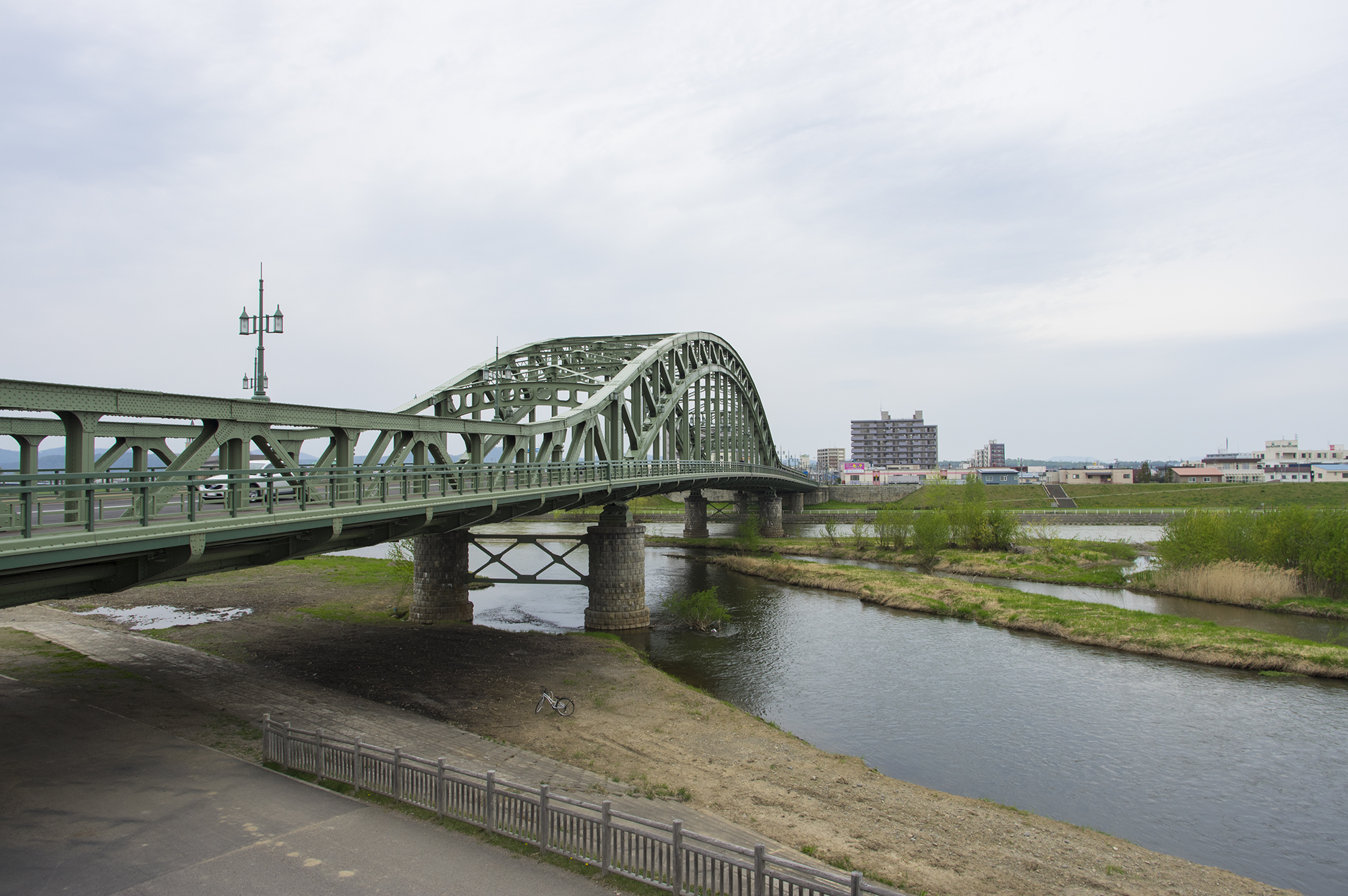- Features and Highlights
- History
- Best Time to Visit
- Access Information and Recommended Visiting Hours
- Surrounding Information
- Images
- FAQ (Clothing, Rules)
- References
Features and Highlights
Goryo Shrine, known as 御靈神社, is renowned for its serene atmosphere and beautiful architecture. It is famous for its unique rituals, particularly those associated with purification and protection. The shrine is set in a tranquil environment filled with lush greenery, making it an ideal spot for reflection and meditation.
History
Goryo Shrine has a rich history that dates back to the Heian period (794-1185). Originally built to honor deities associated with protection and healing, the shrine has undergone numerous reconstructions over the centuries. It is dedicated to the spirits of the deceased who were wronged in life, providing them peace and allowing visitors to seek blessings.
Best Time to Visit
The ideal time to visit Goryo Shrine is during spring (March to May), when cherry blossoms bloom, and autumn (September to November), when the foliage is a riot of colors. Festivals are held throughout the year, making any season exciting for visitors seeking cultural experiences.
Access Information and Recommended Visiting Hours
Goryo Shrine is easily accessible via public transport. The nearest station is Gion-Shijo Station on the Keihan Line, a short walk away from the shrine. Recommended visiting hours are from 9 AM to 5 PM, but visitors are welcome to explore longer during special events.
Surrounding Information
The area surrounding Goryo Shrine is rich in attractions, with the historic district of Gion nearby, known for its traditional wooden machiya houses and geisha culture. Visitors can also explore the nearby Kamo River for a scenic walk or enjoy various local dining options in the vicinity.
Images
Images of Goryo Shrine frequently showcase its iconic torii gate, the peaceful gardens, and the vibrant festivals hosted throughout the year. Additionally, visitors often share photos capturing the beauty of the cherry blossoms and autumn leaves surrounding the shrine.
FAQ (Clothing, Rules)
Visitors are advised to dress respectfully while visiting the shrine. Traditional Japanese attire is welcomed but casual dress is also appropriate. Photography is permitted in most areas, but please refrain from taking photos during private ceremonies and rituals. It is customary to bow at the torii gate before entering the shrine.
References
- Goryo Shrine (Kamigoryo Shrine) Access, Hours, and Fee Information – Rurubu & More
- Goryo Shrine (Kamigoryo Shrine) Visit – Kojiro Life
- Goryo Shrine (Kamigoryo Shrine) Tourist Guide – NAVITIME Travel
- Goryo Shrine (Kamigoryo Shrine) – Kyoto City/Kyoto Prefecture – Omairi
- Goryo Shrine Festival (Ritual) Introduction – KITA Hub
Recommended spots within a 10km radius
